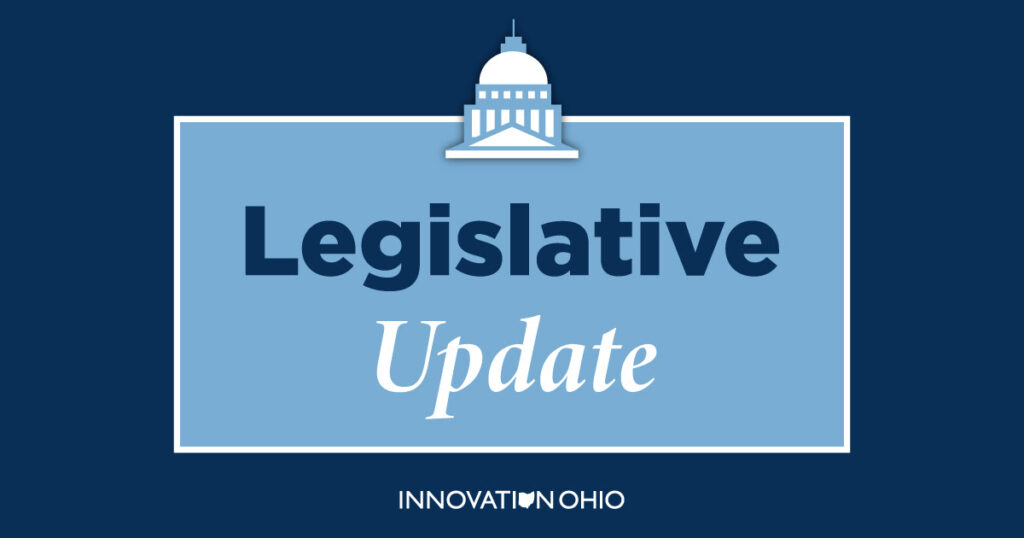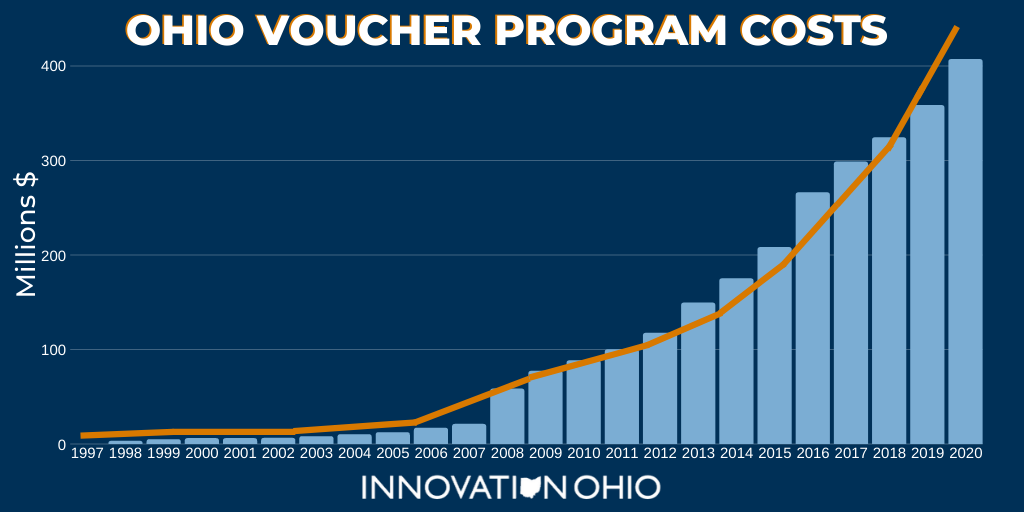Several bipartisan proposals — among them gun safety reforms, a fix to Ohio’s out of control private school voucher program and modernization of our voting systems, just to name a few — still await action in the legislature 20 months into the General Assembly’s current two-year term.

The Ohio Senate this week announced that it is canceling its scheduled Session next week, joining the Ohio House in having no plans to return to Columbus in August. Both chambers have tentative plans to conduct business in mid-September, which may represent the last best opportunity for important legislation to be enacted before the election and the end of the legislative term.
Several bipartisan proposals — among them gun safety reforms, a fix to Ohio’s out of control private school voucher program and modernization of our voting systems, just to name a few — still await action in the legislature 20 months into the General Assembly’s current two-year term.
Without action by the end of this year, all progress on these and many other important proposals will be lost, and bills must be reintroduced in January 2021 with the process starting over at the beginning.
Bipartisan proposals still awaiting action in the legislature:
- The Ohio Fairness Act, to prohibit discrimination in housing, employment and public accommodations on the basis of gender identity and sexual orientation
- Ending Ohio’s out-of-control and unsustainable private school voucher program
- Reform of Ohio’s property wealth-based formula for funding schools
- Bipartisan gun safety reforms like a red flag law and safe storage requirements
- Nuclear bailout repeal and restoration of renewable energy and efficiency standards
- Ending the failed experiment with Academic Distress commissions
- Modernizing Ohio’s election system including online ballot requests and automatic voter registration
- Drug sentencing reform
- Aisha’s Law
Other pending proposals that haven’t had the attention they deserve:
- Increasing the minimum wage
- Creating a paid family and medical leave system
- Ending the spousal rape loophole
- Policing reforms
As voters head to the polls, it’s important to press lawmakers for a commitment to return to Columbus to do the people’s work on these and other important proposals.
With an eye toward the November elections, beginning next week we’ll be back with a scorecard evaluating how lawmakers have performed on important votes taken so far in the 133rd General Assembly.
New Legislation This Week
Below are some of the new bills introduced in the last several weeks since we last sent an update. You can also view the complete list of bills we’re tracking.
- House Bill 742 (Crossman, Brent) – John Lewis Voter Registration Day – to designate February 21 as “John Lewis Voter Registration Day” and to require the boards of elections to promote that day to encourage voter registration.
- House Bill 744 (Leland, Brent) – Rental Assistance – to enact the Eviction Crisis Response Act to create the COVID-19 Emergency Rental Assistance Program, to make an appropriation, and to declare an emergency.
- House Bill 746 (Lanese, Greenspan) – HB6 Energy Repeal – to repeal the changes made by H.B. 6 of the 133rd General Assembly to the laws governing electric service, renewable energy, and energy efficiency and the changes made to other related laws.
- Senate Bill 348 (Schaffer, Roegner) – Health Orders – to prohibit local boards of health from using certain threatening words in notifications to the public, to allow local boards of health to reject Department of Health orders during an emergency, to allow health care professionals who serve on a board of health to receive continuing education credit, and to change the makeup of local boards of health.
- Senate Bill 349 (Fedor) – Campaign Finance – to modify the campaign finance law, to name this act the Ohio Anti-Corruption Act, and to amend the versions of sections 3517.10, 3517.105, and 3517.106 of the Revised Code that are scheduled to take effect January 1, 2021, to continue the provisions of this act on and after that effective date.
- Senate Concurrent Resolution 17 (Fedor) – Campaign Finance – to urge Congress to pass legislation requiring corporations and labor organizations that make political expenditures to disclose the identities of their donors.


